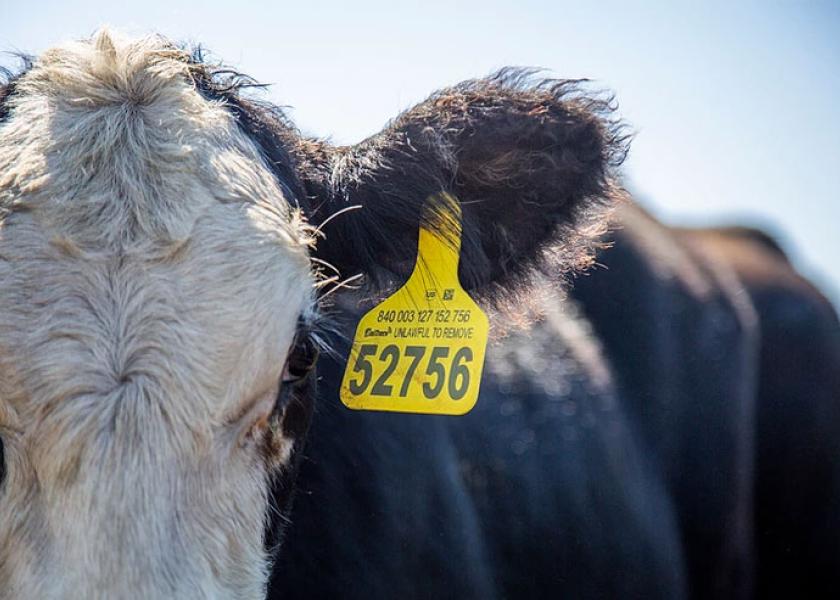Tyson Announces Support for U.S. CattleTrace

Beef industry efforts to develop a voluntary animal traceability system gained significant traction today as Tyson Fresh Meats announces its support for U.S. CattleTrace.
Tyson Fresh Meats, the beef and pork subsidiary of Tyson Foods, becomes the first beef processor to invest in the membership program, which was formed by multiple state cattlemen’s organizations to develop a national infrastructure for animal disease traceability in the U.S. cattle industry.
“We believe an animal traceability system is critical for disease traceability and maintaining our foreign markets,” said Tyson’s head of cattle procurement Kevin Hueserk. “CattleTrace will provide market access protection as it is a robust traceability system and a robust data bank. That’s why Tyson has chosen to fully support CattleTrace.”
Established in August 2018, CattleTrace was established as a private, not-for-profit corporation to securely maintain and manage the data collected for disease traceability. In January 2020, multiple state cattlemen’s organizations from major beef producing regions announced a partnership to form U.S. CattleTrace. The organization’s objective is to help protect the producer’s share of the protein market from the potential impact of a disease event. That, organizers say, is critical because the U.S. is one of only a few countries without a national animal identification system.
“Animal health and disease traceability are critical issues for the meat industry and we’re hopeful our involvement will help advance industry efforts to implement this program across the country,” said Shane Miller, group president, Tyson Fresh Meats. “We believe CattleTrace can help to reduce the risk that animal disease poses to the U.S. cattle supply, while also protecting our industry’s access to important export markets, which can quickly be compromised in the event of an animal health issue.”
U.S. CattleTrace utilizes ear tags that contain ultra-high frequency technologies to collect the minimal data necessary, including an individual animal identification number, a GPS location, and date and time. This information is used to track animals in the event of a disease outbreak and allows tracking of the animal from location of birth and to each location they travel prior to reaching a processor for harvest. An electronic chip within the tag interacts with the radio frequency emitted by the reader. Though the tags are electronic, they are not battery operated, meaning they can last the lifetime of the animal.
“As leaders in the cattle industry, we are excited to see Tyson Fresh Meats’ commitment to animal health and disease traceability in the United States,” said Brandon Depenbusch, chair of the U.S. CattleTrace Board of Directors. “We’ve heard from stakeholders across the country that in order for a producer-led system to succeed, buy-in amongst all sectors is needed. This commitment from a leader in beef processing shows that no-matter where we come from in the cattle industry, we are all working towards a common goal of protecting our nation's herd and the highest quality, most sustainable beef product in the world.”
In 2018, a collaborative partnership between Kansas State University, the Kansas Livestock Association, the Kansas Department of Agriculture, USDA, and individual producer stakeholders launched the CattleTrace Inc. pilot project. The goal of the pilot was to develop a purpose-built infrastructure for an animal disease traceability system, evaluate the infrastructure, and determine the value proposition of the system at each production segment and across the industry.
“Cattle producers around the country have indicated that voluntary disease traceability is a priority for the U.S. cattle herd,” said Ken Griner, a cattleman from Florida. “Tyson's commitment is a great sign that all segments realize that animal disease traceability is an area that needs addressed from all industry participants, not just producers. We look forward to the ways U.S. CattleTrace can address these issues and ensure that U.S. cattle operations remain even in the case of a disease event.”







